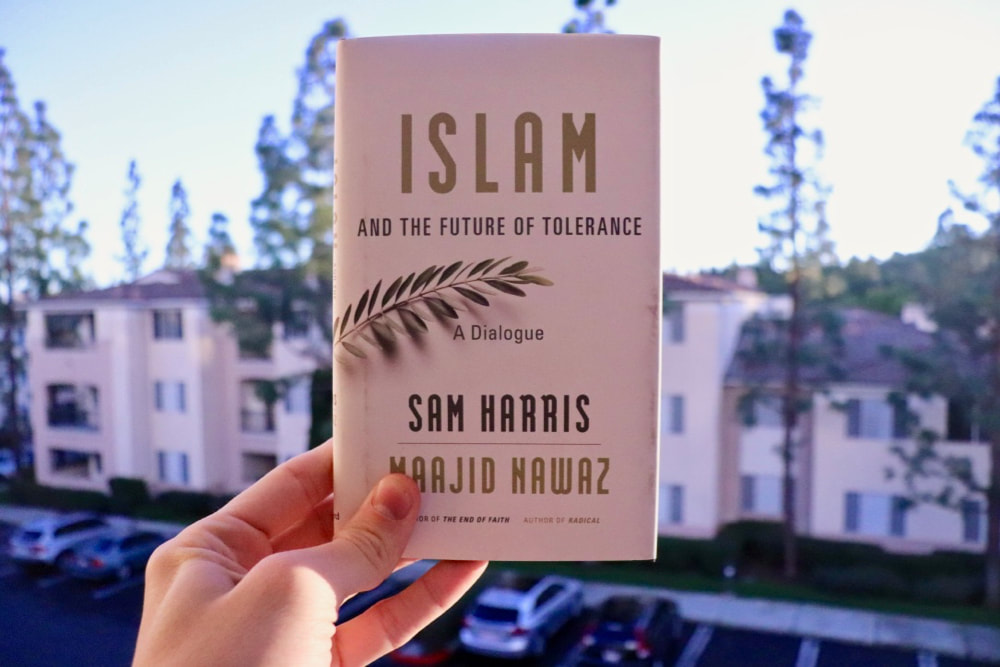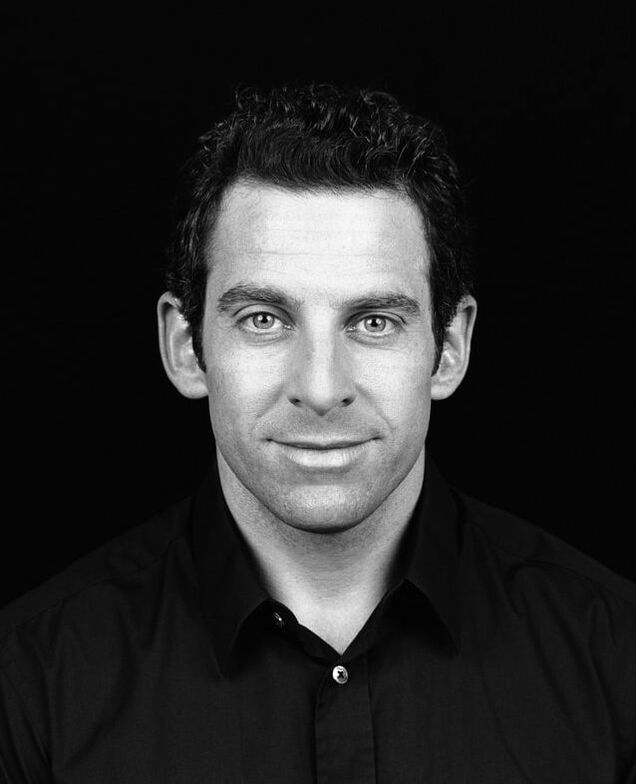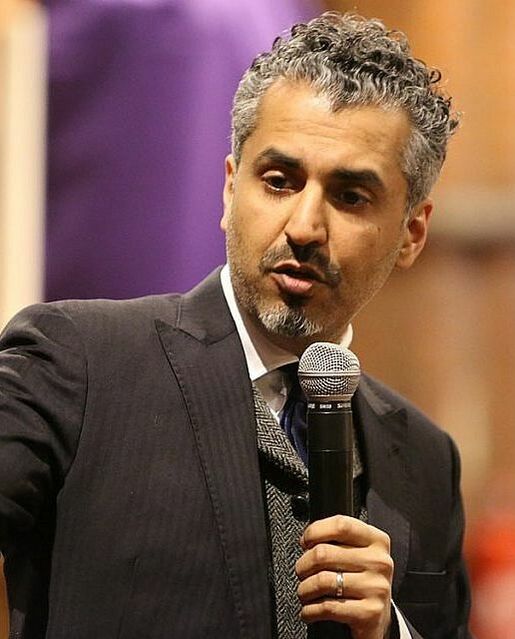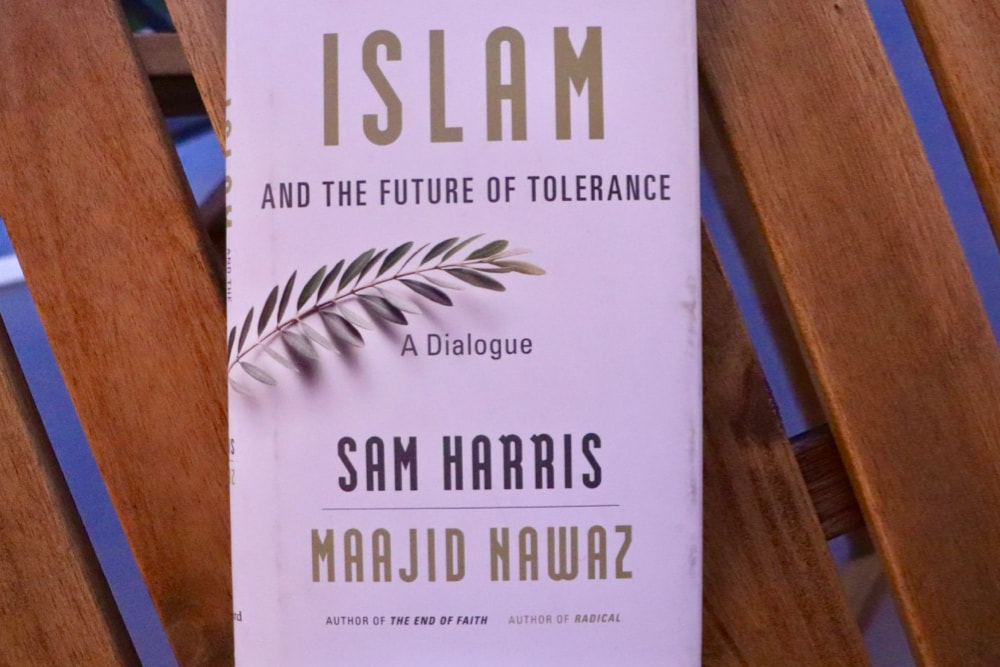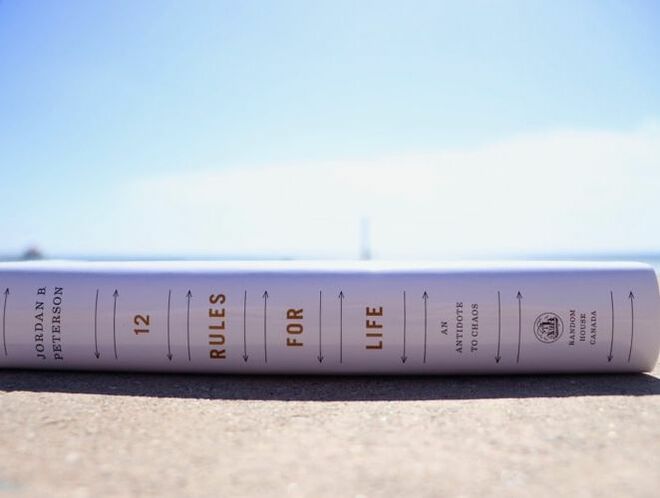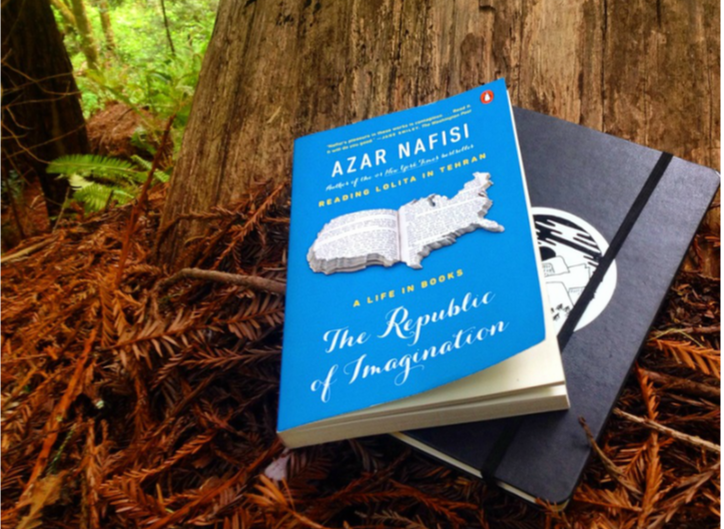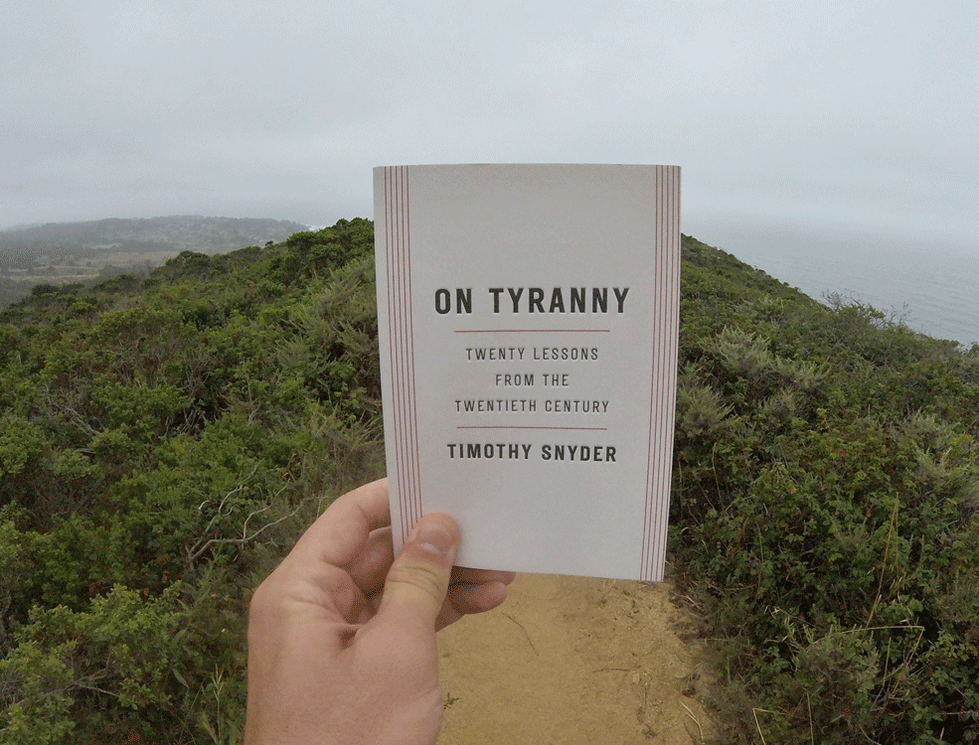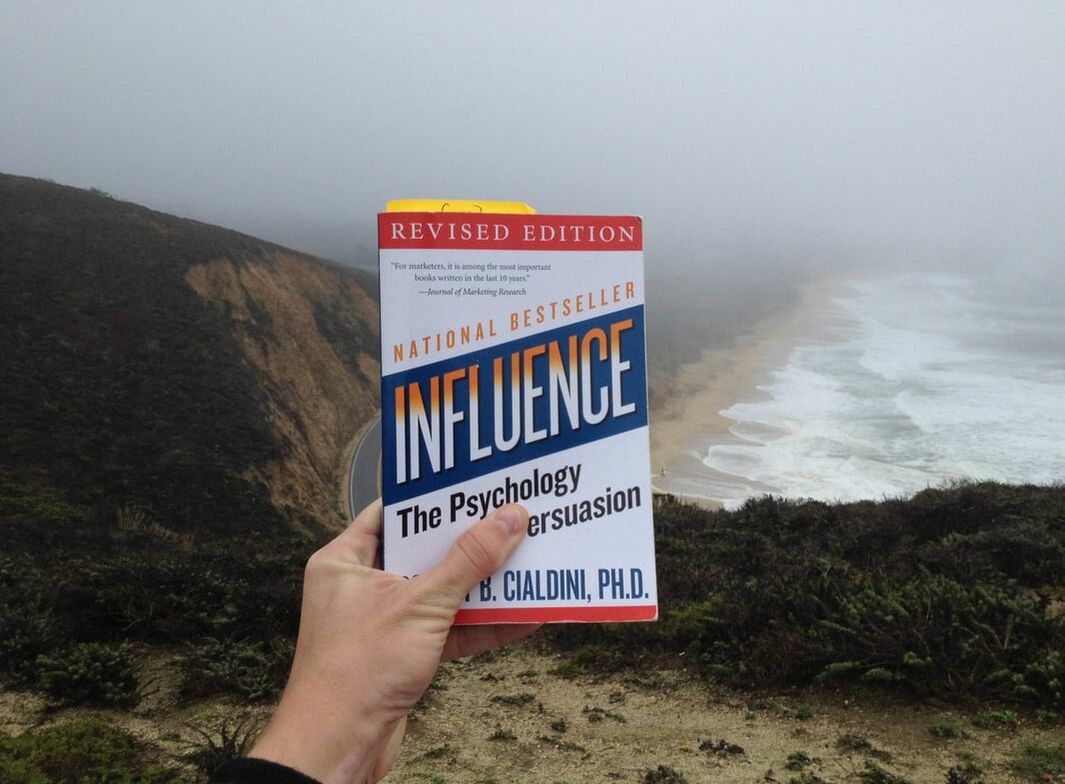| Maajid Nawaz: Islamism and jihadism are politicized, contemporary readings of Islam and jihad; they are not Islam and jihad per se. Sam Harris: It seems to me that a politically correct mythology is replacing history... |
I love the spirit of this small but mighty book. Islam and the Future of Tolerance is a much-needed dialogue on the world's second-largest religion and its 1.6 billion adherents.
Formatted literally as a back-and-forth dialogue between neuroscientist Sam Harris (perhaps the most influential critic of modern religion) and muslim reformist Maajid Nawaz, the conversation is candid, passionate, discerning, and thoroughly refreshing. I particularly appreciated these five discussion points:
Harris and Nawaz depart at numerous times as they traverse the landscape of jihadists, Islamists, moderate muslims, the media and allegations of Islamophobia, the crusades and tragedies of history, as well as how to achieve a more tolerant future. But their shared values of free speech and secular tolerance, as well as a conviction in the ability for persuasion and personal reform, shines a light through the disagreements and serves as a vital example to emulate. [JG]
Formatted literally as a back-and-forth dialogue between neuroscientist Sam Harris (perhaps the most influential critic of modern religion) and muslim reformist Maajid Nawaz, the conversation is candid, passionate, discerning, and thoroughly refreshing. I particularly appreciated these five discussion points:
- What Nawaz has termed "The Voldemort Effect" for when any mentioned of Islam is censored out of relevant political and violent contexts, including acts of terrorism
- Harris' concentric circles of muslim populations organized by secular and religious sentiments derived from poll results in Europe, Asia, and the Middle East
- Nawaz's four steps to radicalization and his recount of his own journey out of it
- Harris' contextualizing of religious and political warfare in medieval Europe and the Near East
- Their shared view that the term "Islamophobia" halts, not helps, discussion and thinking
Harris and Nawaz depart at numerous times as they traverse the landscape of jihadists, Islamists, moderate muslims, the media and allegations of Islamophobia, the crusades and tragedies of history, as well as how to achieve a more tolerant future. But their shared values of free speech and secular tolerance, as well as a conviction in the ability for persuasion and personal reform, shines a light through the disagreements and serves as a vital example to emulate. [JG]
ABOUT THE AUTHORS
| Sam Harris is the author of the New York Times best sellers The End of Faith, Letter to a Christian Nation, The Moral Landscape, Free Will, and others. Harris's work has been published in more than 20 languages and has been discussed in The New York Times, Time, Scientific American, Rolling Stone, and many other journals. He has also written for The Los Angeles Times, The Economist, The Atlantic, and elsewhere. Harris' Waking Up podcast explores a range of topics with artists, scientists, and thinkers. I especially enjoyed his conversation with filmmaker Deeyah Khan. | Maajid Nawaz is the author of Radical and founder of Quilliam, the world's first "counter-extremism organization," focused on religious freedom and citizenship issues across the globe. After serving a five-year-prison sentence in Egypt for his ongoing participation with the Islamist group Hizb ut-Tahrir, Nawaz was adopted as a prisoner of conscience by Amnesty International while he served his full sentence. He has since renounced his past and now advocates for "secular Islam." My favorite conversations of Nawaz include his appearances on Bill Maher and Joe Rogan's podcast. |
YOU MAY ALSO LIKE

